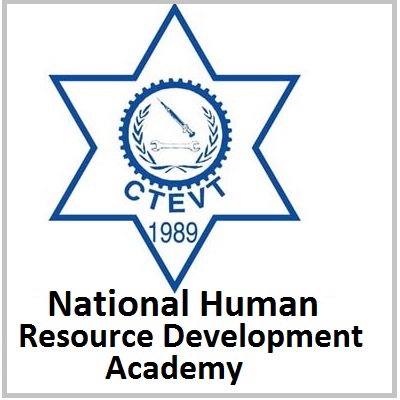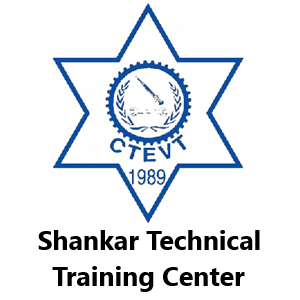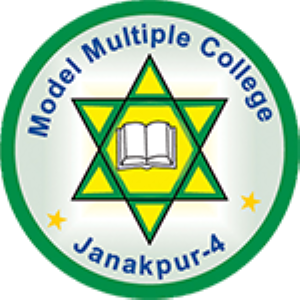Overview
Certificate in Medical Laboratory Technology (CMLT) at Nepal Technical Institute, Janakpurdham
The CMLT program at Nepal Technical Institute, Janakpurdham, follows the CTEVT curriculum for diagnostic laboratory practice.
Students learn sample collection, hematology, clinical biochemistry, microbiology, parasitology, and basic lab management. Training focuses on quality control, biosafety, and accurate reporting.
Eligibility and Duration
The program generally runs for three academic years. Admission is based on the CTEVT entrance test, merit, counseling, and document verification. Eligibility follows CTEVT criteria for CMLT.
Curriculum and Practical Learning
Core components include:
-
Hematology: CBC, blood film preparation, ESR, coagulation basics
-
Clinical biochemistry: glucose, lipids, liver and renal function tests
-
Microbiology and parasitology: culture basics, staining, microscopy
-
Urinalysis and stool examination basics
-
Lab organization, record-keeping, waste management, and biosafety
NTI’s lab practice trains students in sample identification, anticoagulants, storage, handling of controls, and calibration logs.
Learners complete bench work under supervision and maintain practical notebooks with result sheets and error checks. Emphasis is placed on safety cabinets, PPE, disinfection, and incident reporting.
Assessment and Certification
Evaluation includes internal tests, viva, practical exams, project/assignments, and CTEVT board examinations. Record completeness, adherence to SOPs, and punctuality in lab sessions are continuously reviewed. Successful students receive the CTEVT CMLT certificate.
Career Pathways and Further Study
Graduates may serve as lab assistants/technicians in hospitals, diagnostic centers, and public health units. Careful documentation, quality checks, and equipment maintenance logs aid early employment.
Further study options include bachelor-level medical laboratory science where available and permitted by university rules.
Why Study CMLT at NTI
-
Supervised bench practice with routine panels
-
Strict biosafety protocols and waste handling routines
-
Emphasis on quality control and standard reporting formats
-
Access to reference materials and periodic case discussions





















